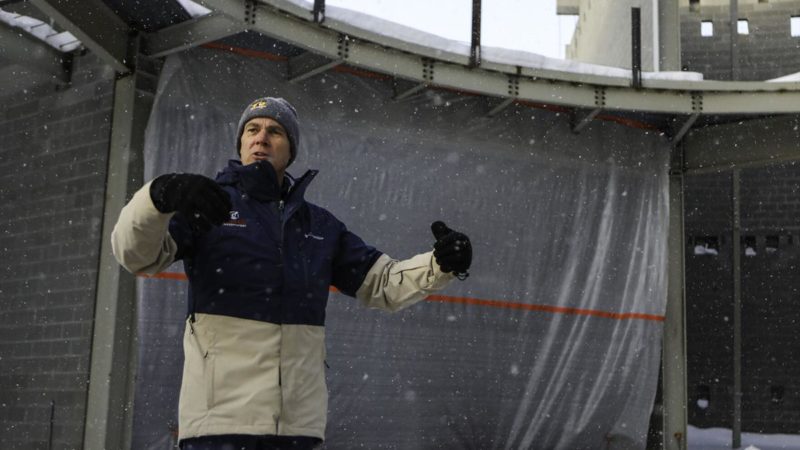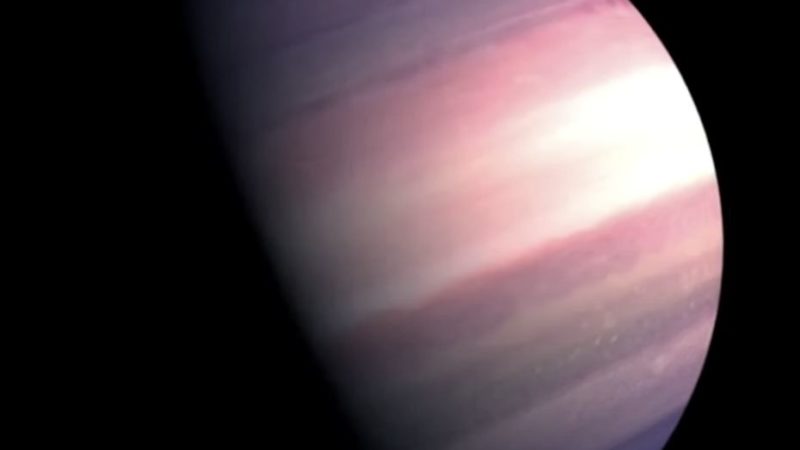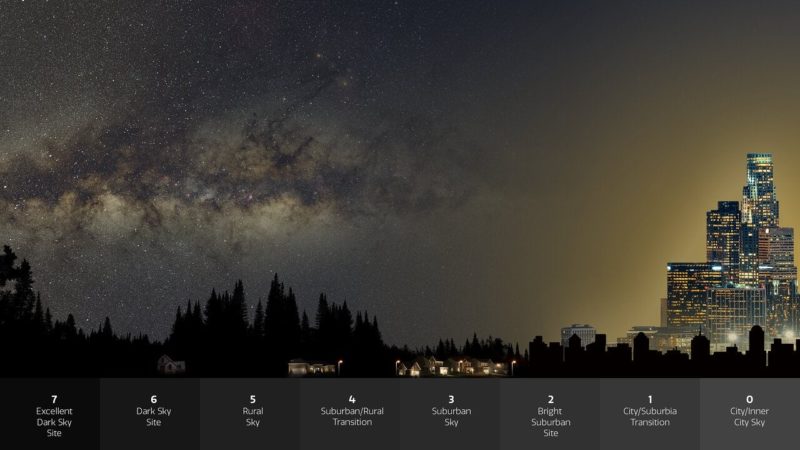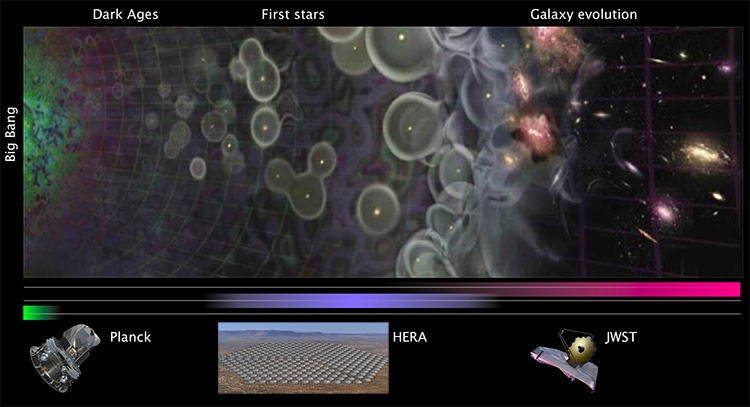Tales of the Stars: astronomy play unlocks creative teaching … – Xi’an Jiaotong-Liverpool University
Early on in Space meets Cute, a play that follows the journey of Photon 1 across the universe, there is a scene explaining that black holes absorb everything, including light.
“I’m a lonely photon,” says Photon 1 at the centre of the dark stage. He starts to sing the song One-man Show: “In a starless night…” He does not know that he is on Black Hole’s doorstep.
Black Hole is disturbed and shouts: “Hey, Photon! Don’t you know that little photons like you can never leave my house?”
“Then, what do you want?” Photon 1 spins nervously on the stage.
“Well, since you’re already here, let me show you what I’m capable of!” Black Hole says arrogantly. Photon 1 wants to escape but is sucked in by Black Hole anyway.
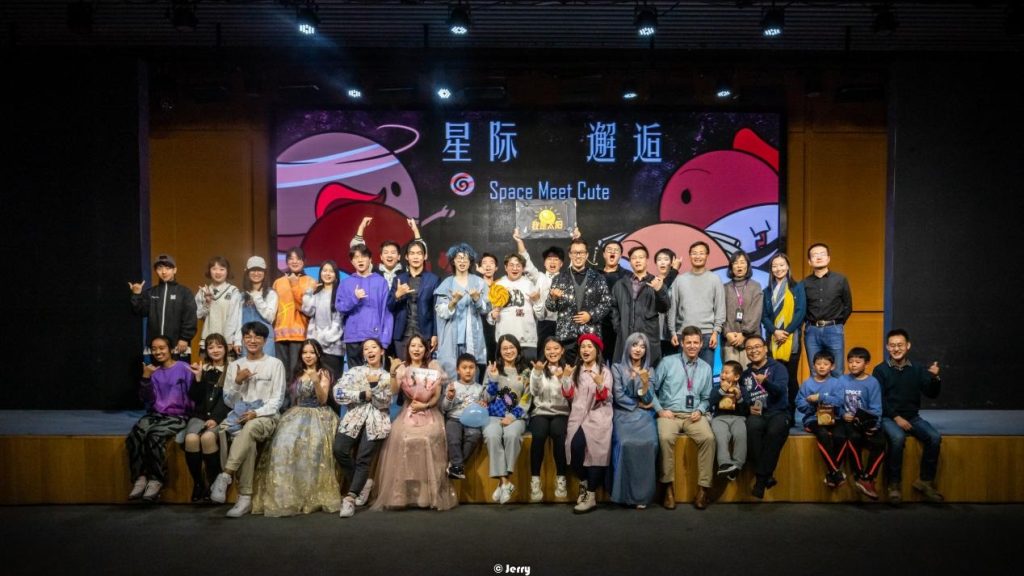
This recent astronomy theatre production was hosted by the Department of Physics at XJTLU’s School of Mathematics and Physics and co-organised by student clubs, including Sagittarius Astronomy Club and Gene House Street Dance.
The science play is a cross-disciplinary creation by Dr Xiaoying Pang from the Department of Physics. The drama tells a story of interstellar migration against the backdrop of nearly exhausted resources in the early 22nd century.
Planets are personified in the drama. Through the characters’ self-introductions and dialogues, the audience learns about the characteristics of stars and planets, including Earth, Mercury, Venus and Mars. For example, Mercury is portrayed as a homebody, and everyone complains about her absence in the beginning. In reality, it is very difficult to observe Mercury in the night sky on Earth, usually only during a solar eclipse.
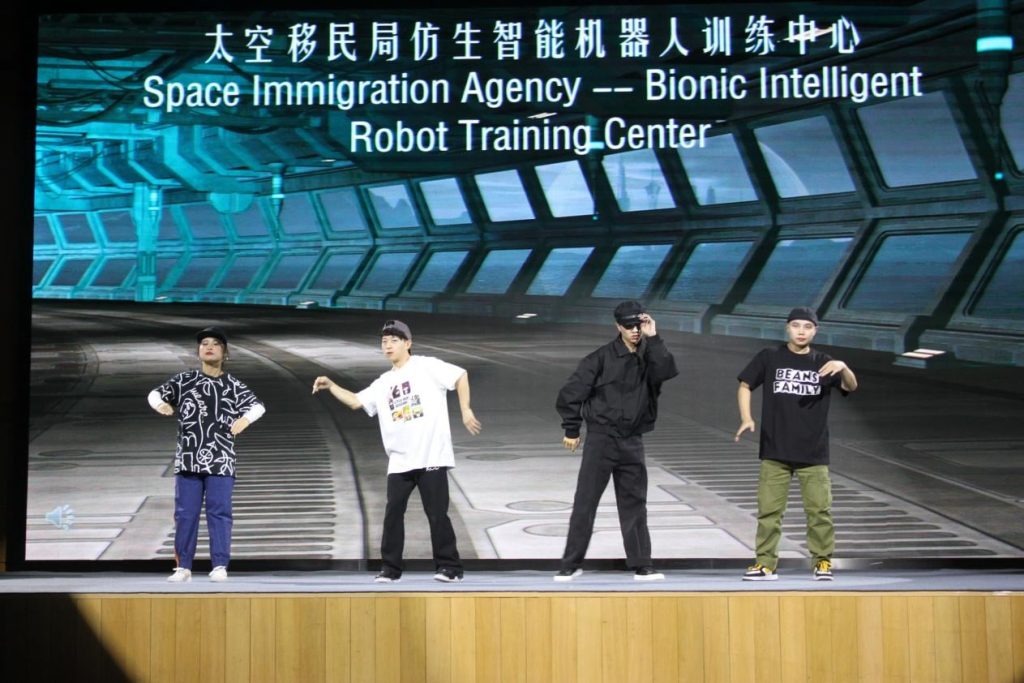
Jiahua Luo, head of the Sagittarius Astronomy Club, co-organised the drama. He says many visual elements related to physics were added to the plot and details on stage because they hope to explain complicated physics concepts using simple gestures and words. For example, actors use hand gestures to demonstrate distortion of space and time.
“This was the first time I have performed and organised a play,” says Luo. “Every detail was carefully considered by Dr Pang and everyone over and over again. Also, we boldly incorporated different creative elements into the lines and the scenes, hoping that the audience would enjoy the drama and get to know more about astronomy at the same time.”
Dr Xiaoying Pang says the educational play is scientific, fun and easy to understand.
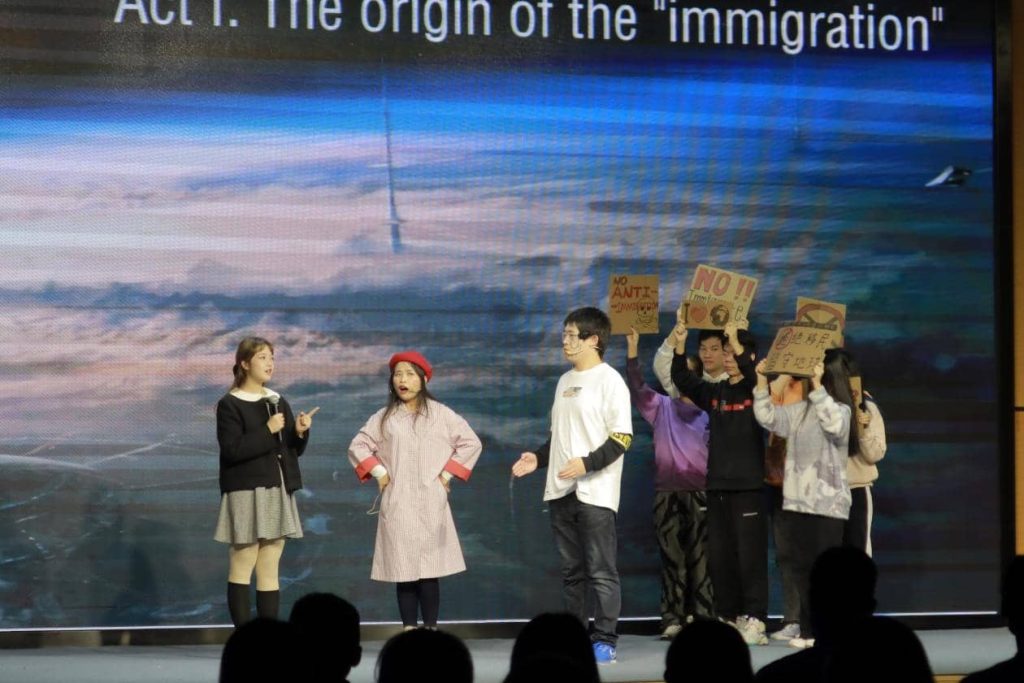
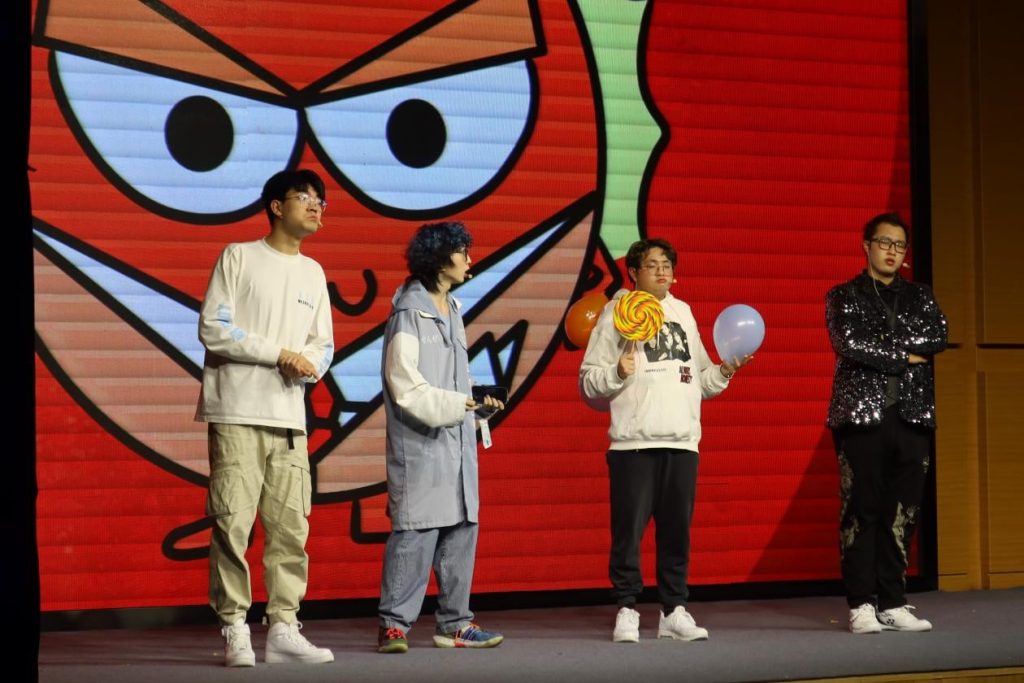
“The play interprets complex astronomical theories through the interesting storyline and a group of lovable characters. It makes perceptual memories that last deeper and longer than cramming ever would. I hope it also excites the audience’s interest to learn more about astronomy, regardless of their age.”

Jiahao Cui, a Year One student who studies mathematics, says he enjoyed the drama: “As the cast showed the characteristics of different planets in a down-to-earth and humorous way, we got to know how romantic and vast the universe is.”
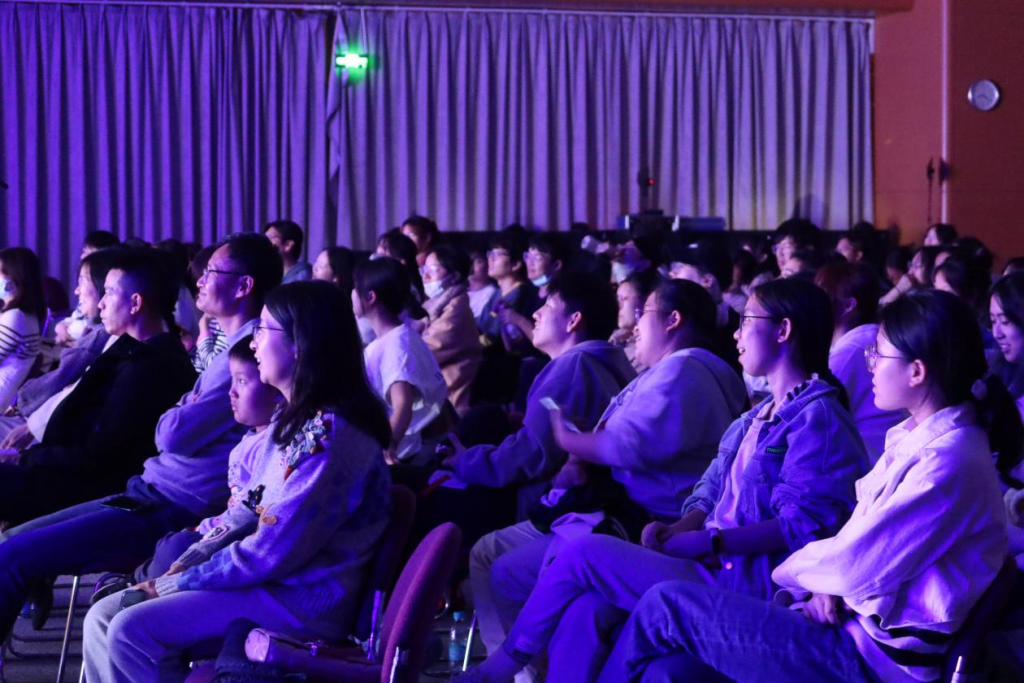
Dr Gang Liu, Deputy Dean of the School of Mathematics and Physics, says: “Many physics and mathematical challenges are difficult to solve. That’s why we need to develop the abilities of students in a well-rounded way. After joining XJTLU’s astrophysics team, Dr Pang has led us in explorations of research-led teaching. I believe that this play is a good example of XJTLU’s STEAM (science, technology, engineering, art, mathematics) integrative education.”
Dr Pang says that the astronomy play will impart knowledge to more people and ignite their enthusiasm. She hopes to promote it to high, middle, and primary schools so that more students can learn astronomy through drama while having fun.
“I would like to start teaching drama in future science education. This play is a result of XJTLU’s encouragement of innovative teaching, allowing more people to see the diversity and originality of its education. By combining drama with sciences, students will be able to learn in a more relaxing environment, thus becoming more interested.”
By Liu He
Edited by Luyao Wang, Luyun Shi and Catherine Diamond
Translated by Xiangyin Han
Photos courtesy of XJTLU Film Club and Dr. Xiaoying Pang

